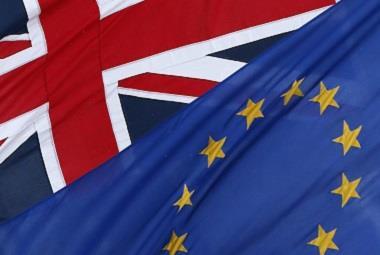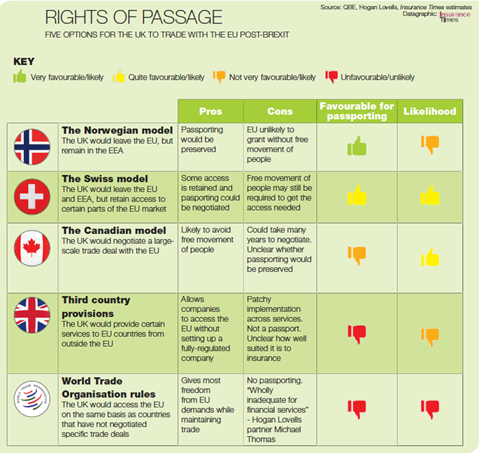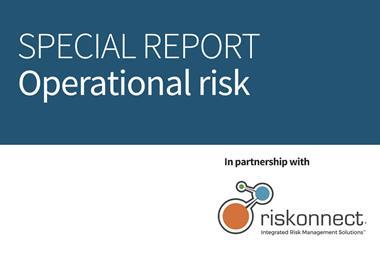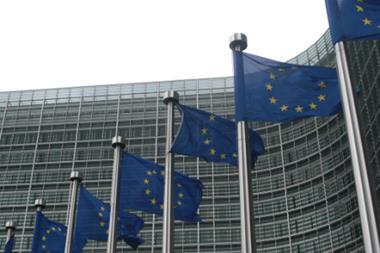Companies consider moving business, people and headquarters. Some insurers aren’t prepared to wait and see before taking action

UK and Gibraltar companies are considering relocating business, staff and headquarters, faced by the threat they will lose their rights to trade across Europe when the UK leaves the European Union (EU).
And some aren’t going to just hang around and wait and see what happens to their passporting rights before taking action.
Gibraltar-based insurer Elite is considering setting up a new regulated entity in mainland Europe in response to Brexit, and may also shift its head office from Gibraltar.
Elite chief executive Jason Smart says: “We have a duty to our coverholders and policyholders to get this matter resolved as soon as possible.
“We could listen to the messages that are coming out of the Gibraltar government and the UK government about how it is business as usual. We can’t just sit back and accept that it is business as usual.
“We feel we owe a duty to our European partners to give them some comfort that we are putting things into play here to give them certainty.”
Passport control
With much still uncertain about how Brexit will affect future trade with Europe, why are Smart and others like him so worried?
Both UK and Gibraltar firms can currently trade across the European Economic Area (EEA) using so-called passporting rights. These enable companies licenced in one EEA country to trade in the rest without further regulatory burden.
This right is at high risk of being lost to UK, and by extension Gibraltarian, companies post-Brexit because the EU is likely to demand free movement of people in return for retaining access to the EEA, as it does with Norway.
Free movement of people is likely to be unpalatable to the UK, because immigration from EU member states was a key concern of voters in the run-up to the referendum, and greater control of immigration from EU member states was one of the main pledges of the Vote Leave campaign.

Law firm Clyde & Co corporate insurance partner Ivor Edwards says: “[Passporting] rights are freedom of services, which are very much linked with all the other freedoms under the basic EU treaties. There is a very real risk that all those passporting rights are lost.”
The main message from regulators and trade associations has been: “Don’t worry. Nothing is changing yet.”
Gibraltar’s Financial Services Commission, for example says: “It is very much business as usual since the EU referendum result. There are no real implications for licensees at present.
“The nature of the UK and Gibraltar’s future relationship with the EU is yet to be determined and is likely to be a lengthy process. This means that consumers and depositors will still be protected by EU laws, and businesses will still be able to rely on access to the EU.”
Need for action
And there are some scenarios under which passporting could be preserved or negotiated (see diagram). But whatever happens there will be a prolonged period of uncertainty, which will be unsettling for clients.
Edwards says: “We won’t know for two or three years, but you have got to plan for eventualities, and you are probably going to be thinking about doing something sooner rather than later; rather than just wait to see what it looks like at the end.”
This article was first published by Insurance Times, StrategicRISK’s sister publication




















No comments yet